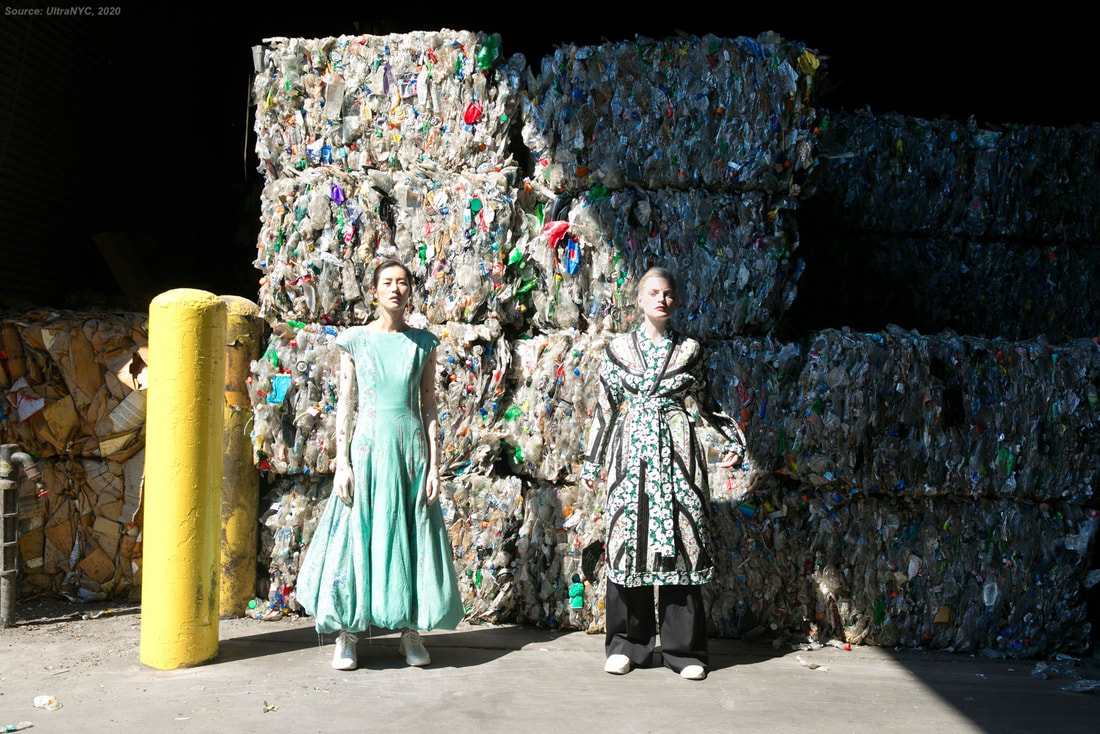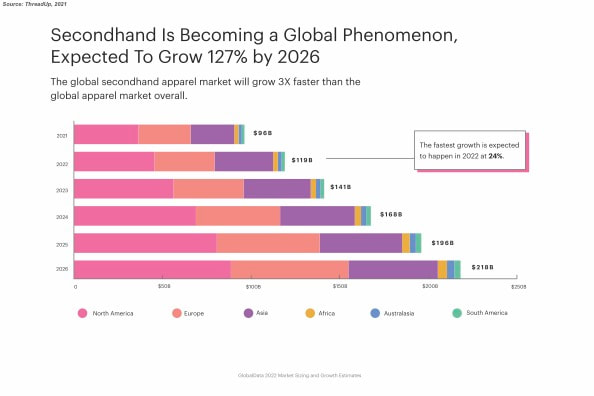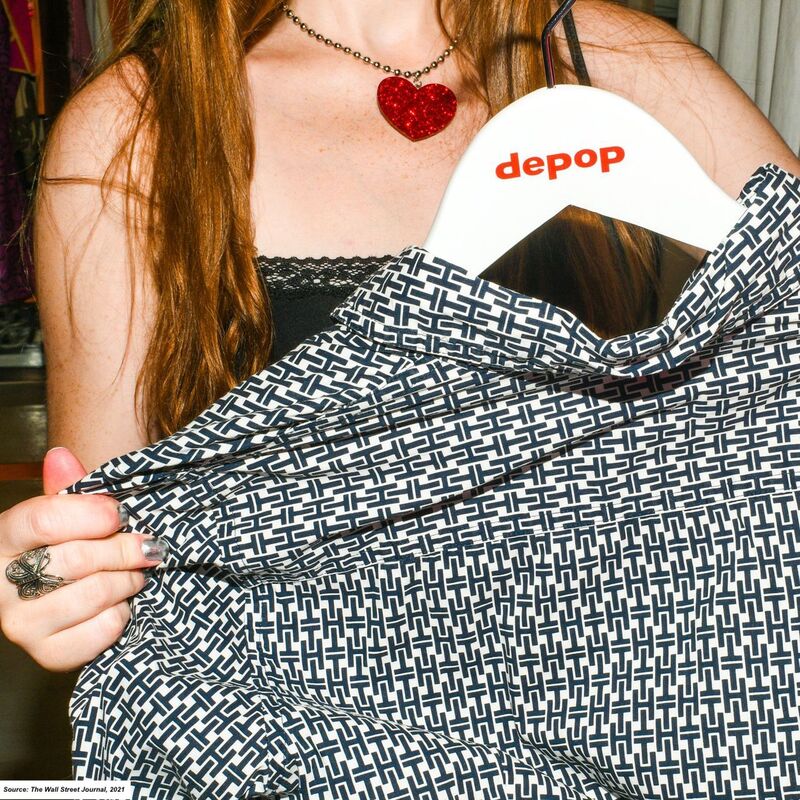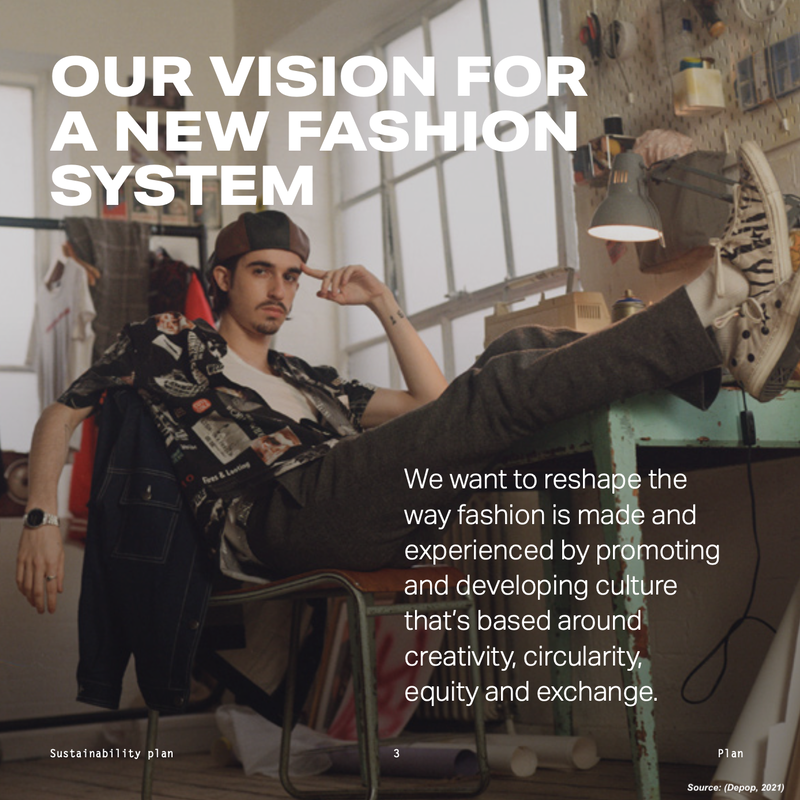- About Us
- Features
- Archive
- Videos
- The Secret success of Elmer Street
- Flying High From Below: LA's Fernando Martin
- Lip Candy
- Wafa Jaffal & her journey in Post Production!
- Guide to making a delicious arepas for your meal by Adolfo Can
- Waterworld
- Khanh's Kitchen
- From Las Vegas to LA
- Lighting the World Around Us: An Interview with Angela Gundelfinger
- Eating Disorder Healthcare: Mishna Erana Hernandez
- Meet Our New Staff!
- Meet Carlos Chavez!
- Meet Nicole Favors
- Meet David Petrosyan
- Meet Brittney Strong
- Meet Kaci Theros
- Meet Katrina Molle
- Hopping into the year of the Rabbit: Alhambra’s Lunar New Year Celebration
- 2023 Solar Decathlon
- Depop: A Circular Fashion Community
- Inside the Afro-Mexican Identity
- Meet Mimi Chao: Magnificent Creator of Mimochai
- Who’ll be the top dog? Let’s check out the annual Corgi Winter Nationals
- The Fine Line That Connects Skincare to Culture: Asian Skincare Routines
- One Of The Key Ways To Protect The Oceans Is To Rethink What We Are Doing On Land
- The Fine Line That Connects Skincare to Culture: Asian Skincare Routines
- Growing Up With a Mixed Family Made Me Confident in Being Afro-Latina
- The Benefits of Shopping At Your Local Farmers’ Market
- Discovering Voice: An Interview With Nicole Favors
- Short Form: New Creative Producing Track At Woodbury University
- Housing Crisis in Los Angeles
- How Minimalism Can Benefit Your Life as a Student
- "Insights from Fashion Marketing Chair and Forecasting Expert Wendy Bendoni on the Evolving Landscape of Fashion Consumption and Sustainability"
- The Gun Violence Issue in America
- From the Court to Console: An Interview With Tim Parham
By: Carlos Chavez
Over the past few years, sustainability has been widely talked about, specifically in the fashion industry. What is sustainable? Which brands have sustainable practices? What can I do to be more sustainable? These are all questions consumers ask themselves and others when it comes to this topic. It is very clear that the fashion industry does a lot more harm than good to our planet because of all the carbon emissions produced. The fashion industry produces about 10 percent of annual global emissions, which is more than all maritime shipping and international flights combined (Zurich, 2021).
So, what is circular fashion? How does this practice help with the negative environmental impacts the industry leaves on our planet? It focuses on giving garments a new form of life, more of a never-ending life. Through different brand initiatives and platforms that allow for the resale of these garments, a lot more consumers will begin to adapt these practices in their daily lives. ‘Secondhand’ is becoming a global phenomenon, which is expected to grow nearly 120% by 2025. So far, it’s grown by 24%, which is the fasted growth expected. The whole market is expected to more than DOUBLE by 2025/6, reaching about $82 billion. Online resell is the fastest-growing sector secondhand and is expected to grow nearly 4x by 2025 (ThreadUp,2021).
A simple way to reduce the overall environmental impact of fashion is to reuse what already exists. Focusing on a platform like Depop, which allows its users to buy and sell new, used, and/or repurposed garments around the world, gives people the chance to participate in this sustainable practice and do their part in reducing the overall environmental impact when it comes to shopping for new clothes and/or products. Secondhand is holding on to more shoppers than any other category. Nearly half of Gen-Z and Millennials are spending a larger proportion of their special budget on secondhand compared to 5 years ago. 62% of Gen-Z and Millennials say they look for an item secondhand before purchasing it new. 46% of Gen-Z and Millennials consider the resale value of an apparel item before purchasing it. 21% of Gen-Z would pay more for clothing they know they can resell (ThreadUp, 2021).
According to research conducted by Depop via a survey of 'Depop users in 2022':
- more than 8.5 in 10 users typically purchased used items
- 9 in 10 purchases made on Depop prevented the purchase of brand-new items elsewhere, displacement at Depop is higher than other marketplaces
- users like to change their wardrobes at least twice a year, although contrary to popular belief, younger users are more likely to wear items many times rather than disposing of them after a few wears
- users are less likely to dispose of items via general waste, take back schemes or recycling banks
The platform also has a few plans of their own to creating a new, more sustainable, fashion system. Some of their objectives include: running a low carbon business, through offsetting their shipping emissions which targets the biggest driver of their carbon footprint, run low impact operations, by launching a resource efficiency program across their offices, power Depop with renewable energy, achieving 100% renewable energy in all their (controlled) offices, promoting circularity in their communities, through the development of programs and initiatives to allow sellers to connect with organizations or individuals to source inventory, empower users’ to easily buy and sell mindfully on Depop, focusing on developing features to promote more sustainable items and sellers on the app, and lead by example by designing circular collaborations (Depop: Sustainability Plan, 2021-22).
Links |
7500 |
|





